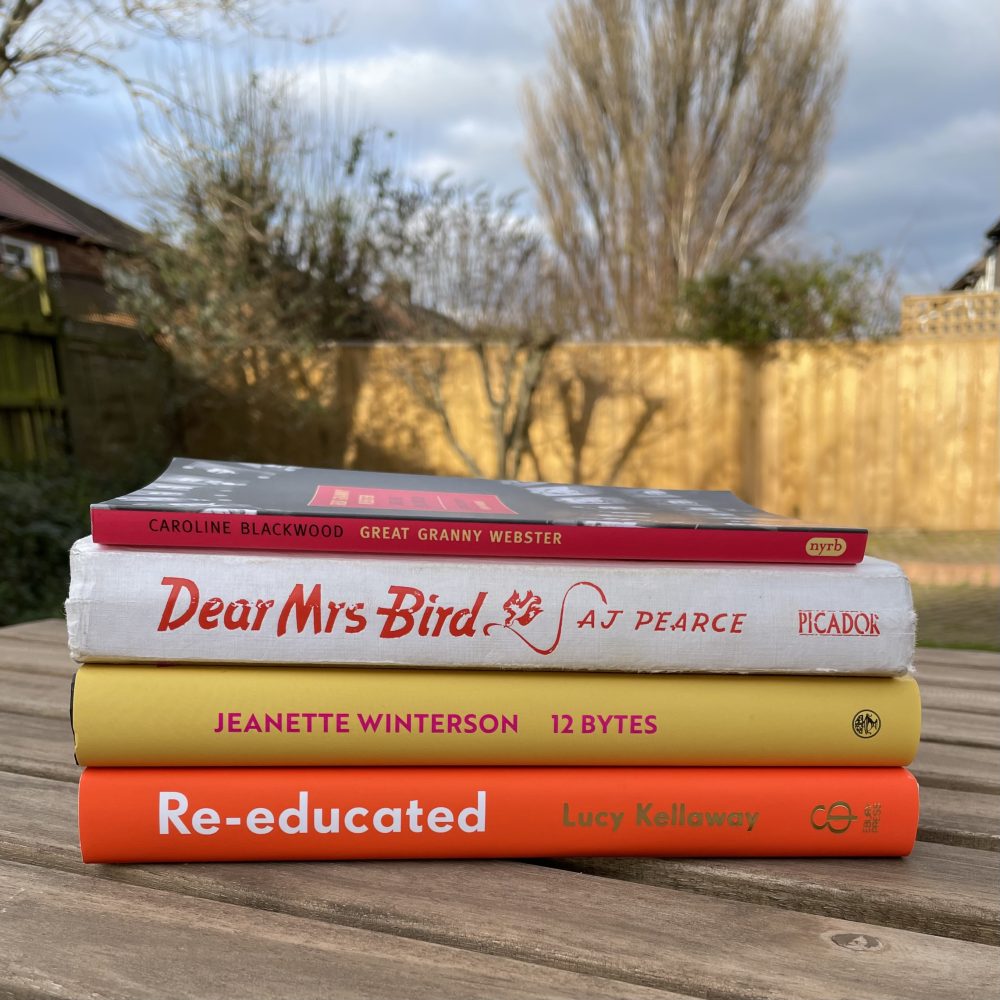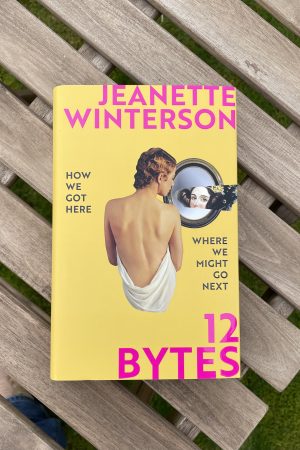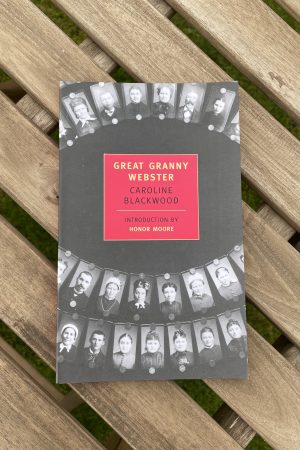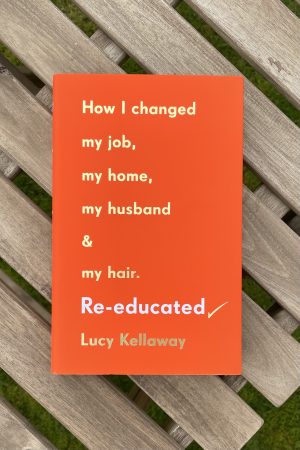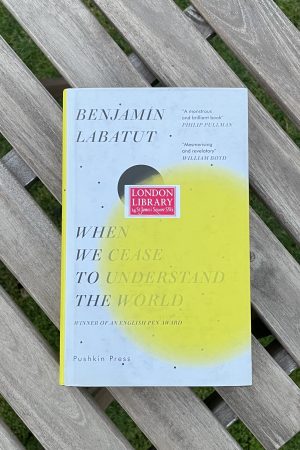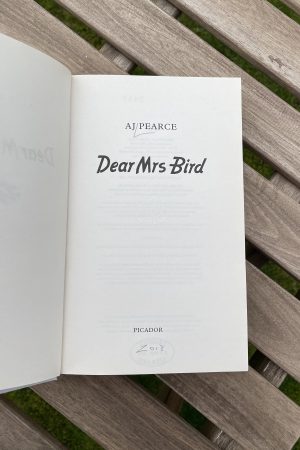31 things I learned in January 2021
1: The chai tea latte from Starbucks isn’t too bad.
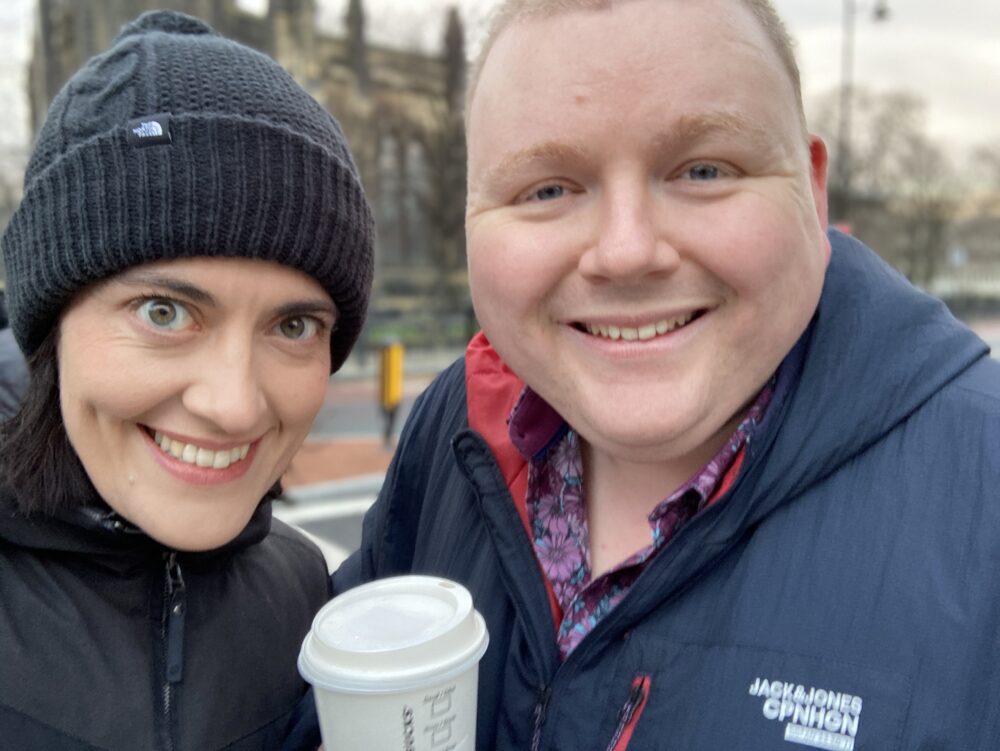
2: I’ve found a new affection for Instagram: I left last year, but have drifted back over the Christmas period.
3: People used to wonder where birds went in winter.
4: It is, in fact, possible for the Government to announce a lockdown and publish the associated guidance simultaneously. Small successes are worth celebrating, especially 42 weeks after the Prime Minister said his Government would turn the tide on covid in 12 weeks and “send coronavirus packing”.
5: “I’m completely fed up. He just can’t lead and this can’t go on.”
6: I learned about the Dogger Bank wind farm.
7: I’ve never really thought about the ethics of architecture before, but there are some interesting and current questions in the field. Is it okay to design spaces for prolonged solitary confinement? Is it okay to design airports in the age of climate change? Is it okay to design waiting rooms when more humane technological solutions exist?
8: It’s instructive to look at how Tony Blair, who now pops up from time to time to offer the Government advice on pandemic management, reflected on his own management of a potential pandemic in his ‘risible’ autobiography:
During the run up to the election, we nearly had a vast panic over the approaching ‘flu pandemic’. There is a whole PhD thesis to be written about the ‘pandemics’ which never arise. In this case, the WHO had issued a report claiming there would be 500,000-700,000 deaths across the world. The old First World War flu statistics were rolled out, everyone went into general panic and any particular cases drew astonishing headlines of impending doom. Anyone who caught a cold thought they were part of a worldwide disaster.
I’m afraid I tried to do the minimum we could we the minimum expenditure. I understood the risk, but it just didn’t seem to me that the ‘pan-panic’ was quite justified. And in those situations, everyone is so risk-averse that, unless you take care, you end up spending a fortune to thwart a crisis that never actually materialises.
However, the reaction of the system is perfectly understandable. The first time you don’t bother is the time when the wolf is actually in the village, so you have to steer a path, taking precautions and be ready to ramp it up if it looks like this time it’s really happening. But oh, the endless meetings and hype of it all!
Is doing the bare minimum really that different to the current Government’s initial approach? Isn’t the lesson of history that we should hit potential pandemics hard and early? Or, has been quipped, is the real lesson from history that we never learn from history?
9: Publishers often tell readers that ebooks are the future; but when they want they books reviewed in the hallowed pages of The TLS, they still send hardbacks.
10: More than a month on, I’ve still not seen a better briefing on covid vaccines than Rupert Beale’s.
11: “Act like you’ve got covid” means “cycle seven miles from home”. That’s a round of charades I’m not winning.
12: “Everything will be confiscated—welcome to the Brexit, sir. I’m sorry.” Truckers’ butties have become headline news.
13: 2021 is a census year: with most students working online, it strikes me that University towns might be about to discover that they have smaller than expected official populations, which could cause trouble for the next decade.
14: In professional work, I’m a stickler for keeping writing concise. Only yesterday, I moaned to colleagues that a draft internal guideline had more than doubled in length with very little additional useful content, but a whole lot more waffle. We all know the Mark Twain quip that “I didn’t have time to write a short letter, so I wrote a long one instead”, but it wasn’t until I read this article by former Court of Appeal judge Robin Jacob that I considered that work pressures might result in baggier writing. I’m sure this is true for my own work too; I’d just never connected the two before.
15: One of the challenges with trying to use the law to control an outbreak is that the law often comes to define the limits of the response. For example, laws requiring self-isolation will necessarily tightly define those who are required to self-isolate (say, people with known identified contact with an infectious person). However, there may be very good reasons for asking people outside of that group to self-isolate (say, people likely to have had contact with an infectious person, but without certainty). If systems are then built solely around requiring isolation, with the necessary barriers around it to prevent those who should not be required to isolate from being contacted, then it can become very practically difficult to ask people to isolate, even though this may be a key control measure in a given outbreak.
For example, if an app were to be built to allow people to ‘check in’ to venues, it would be difficult to conclusively prove that any two people in that venue had been in close contact, and it may therefore be legally challenging to require them to self-isolate. However, if ten people have been in the same venue at the same time and nine of them were infectious, it would be perfectly reasonable to ask the tenth to self-isolate on the basis that they may well be at high risk of contracting the disease.
If the app is built only to meet the needs only of the legislation and not of broader public health management of complex situations, it may turn out to be considerably less good than just keeping a written log of customer details to which judgement can be applied.
17: The Aston Villa football team is based in Aaron, near Birmingham. I have spent the last 35 years thinking it was a London-based team. My knowledge of football (and English geography) really is woeful.
19: Matt Hancock, proponent of the Government’s “act like you’ve got covid” guidance—an act which includes playing rugby in a park—is self-isolating now that he’s a contact of someone who had covid. It’s an odd state of affairs when “acting like you’ve got covid” includes being out in public and in close contact with others, while acting like you are a contact of a covid case means self-isolating.
20: J R Pole once said that every president makes his predecessor look good. Today, we hope that’s not true.
22: More than I ever wanted to know about those little built-in battery testers that always used to appear on AAs, but seem to have disappeared.
23: “One morning in 2002, while walking his daughter to school, forensic psychiatrist Dr Richard Taylor ran into an ex-patient, who waved to him cheerily. Years earlier, the man, a talented musician, had beaten his father to death during a psychotic episode, then set fire to his body before sticking a meat thermometer into his stomach (‘To see if he was done’). Taylor had assessed him in custody. He was ‘incredibly disturbed and violent’, he says. But having undergone years of treatment, the man had been freed under close supervision. ‘Who was that, Daddy?’ asked Taylor’s five-year-old daughter, as they walked on. ‘Oh, just someone I used to work with,’ he told her.” (from The Week magazine)
24: The commonest cause of fire in UK hospitals is arson, at least according to the fire safety mandatory training which has been frustrating Wendy this afternoon.
25: Marie Curie, the only scientist ever to have won Nobel Prizes in two different sciences, “was married in a civil ceremony wearing a dark blue outfit that she subsequently adapted and wore for years as a lab coat.”
26: 315 days after we were told that keeping the number of covid deaths “below 20,000” would be “a good outcome”, the number of deaths has passed 100,000: almost a third more than the number of British civilians who died in the First and Second World Wars combined. The UK now has a higher coronavirus death rate per million people than any other country.
27: Sometimes, something I read makes me feel regretful through association with and on behalf of medical colleagues who I’ve never met. It’s a strange feeling. This is one of those times:
Every medical staff member we met along the way has asked my wife how she’s doing, not just once but on every occasion they’ve crossed paths with her. She’s spent a lot of time telling them she’s fine. None of them ever did get around to asking me the same question.
I am being OK; I want to make that clear. I think that, by now, I’m getting it down pat. But am I OK?
Not yet.
28: “We have throughout followed scientific advice and done everything we can to minimise disease and suffering throughout the country.” Of course “we” did.
29: It’s a year since we set up our Incident Co-ordination Centre for ‘Wuhan novel coronavirus’ response at work, and I’ve learned that—as in life—some years in health protection can be substantially more challenging than others.
31: Many of the organisations involved in the covid response are corporate members of the Plain English Campaign. Avoiding jargon is a key part of good communication in incident response. Yet my inbox is now full of emails talking about “two-week sprints”, “playbooks”, “taskforces”, “canvases” and more besides. Management-speak seems to have taken over to an alarming extent. I despair.
This post was filed under: Posts delayed by 12 months, Things I've learned.
